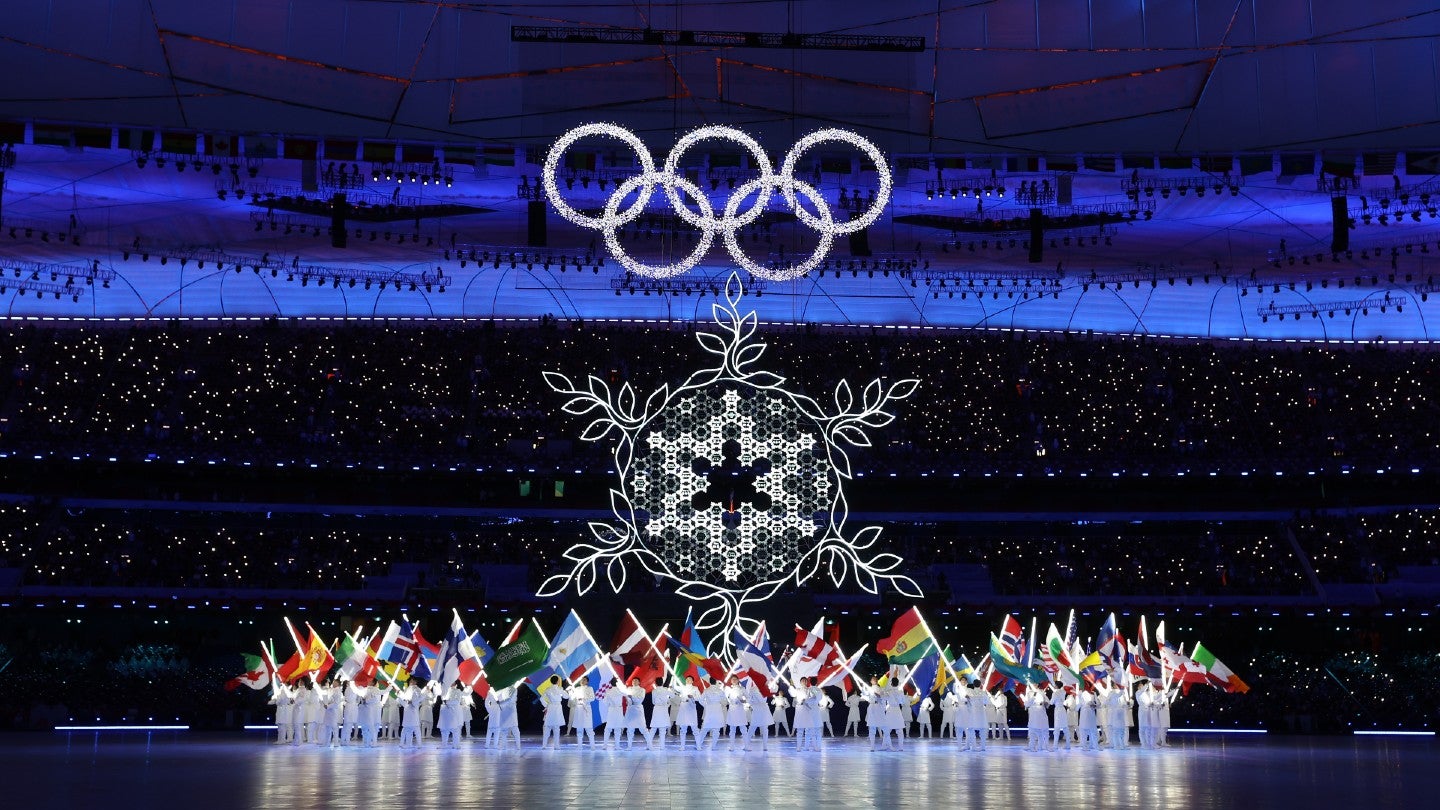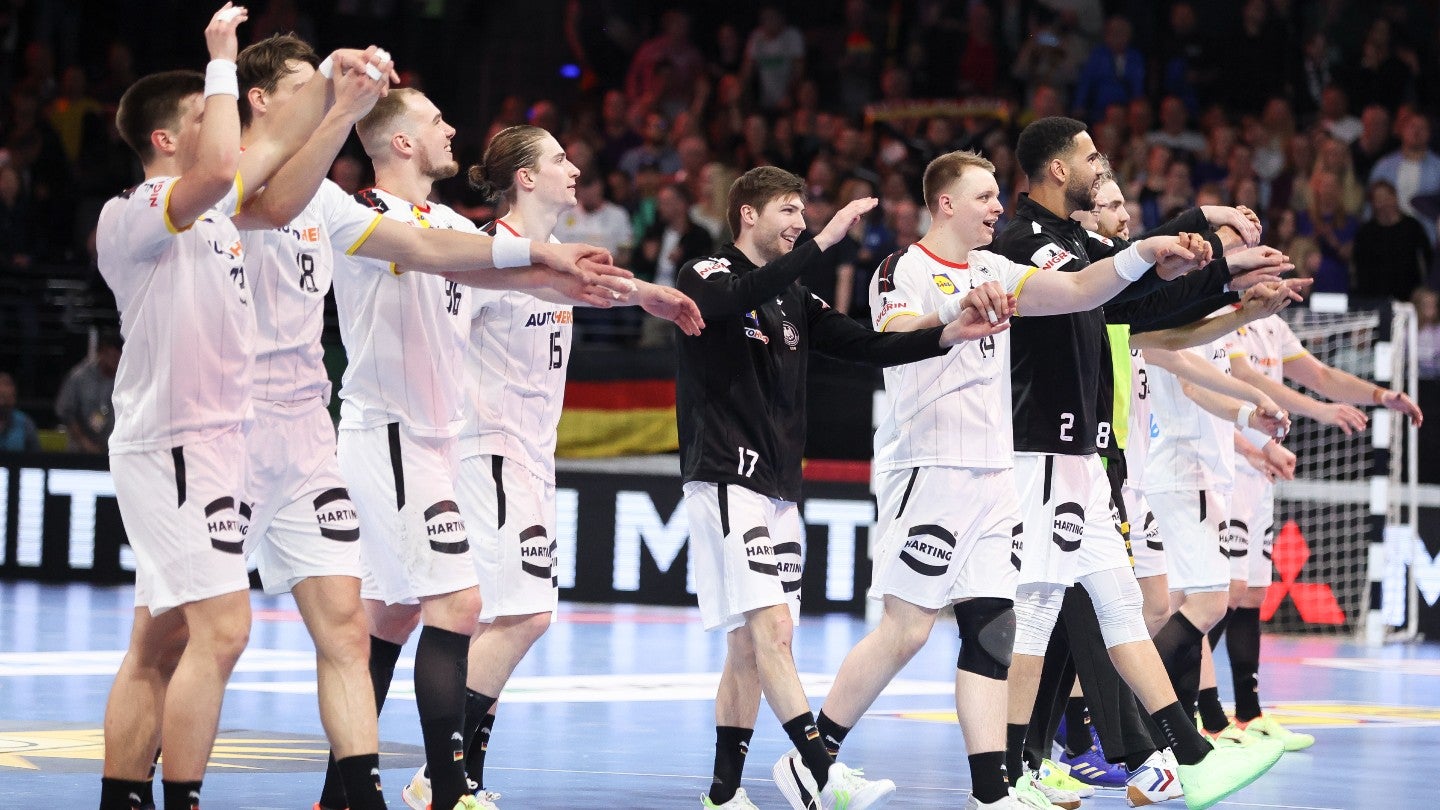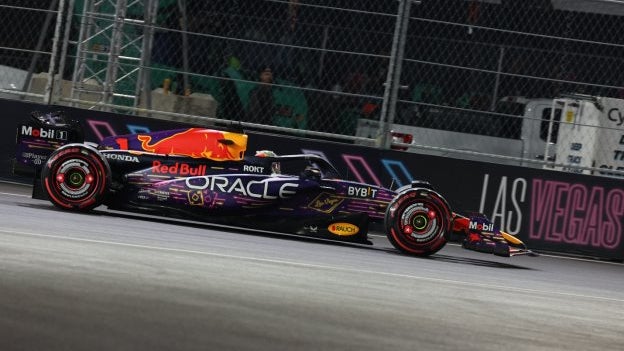The International Olympic Committee (IOC) has confirmed the French Alps and Salt Lake City-Utah in the US as the sole candidates to host the 2030 and 2034 Winter Olympic and Paralympic Games, respectively.
Yesterday (November 29), Karl Stoss, head of the IOC’s Future Host Commission (FHC), said the two bids have now been recommended for “targeted dialogue” about hosting those Winter Games.
Should the talks with country officials prove successful, the FHC will recommend awarding the 2030 games to France and the 2034 edition to Salt Lake City at the IOC’s next session, which is expected to take place in Paris, France in the days leading up to the 2024 Olympics.
France, which is preparing to host next year's Olympics, has hosted the Winter Games three times in 1924 (Chamonix), 1968 (Grenoble), and Albertville (1992).
Its 2030 bid is based around Meribel, Courchevel, and Cal d’Isere for alpine skiing, while La Clusaz will stage Nordic events. The Olympic Village will be based in Nice, which will also host skating events.
The Salt Lake City bid, meanwhile, includes 100% existing or temporary venues all within one of the Athletes Village. Plans include using the University of Utah’s American football stadium for opening and closing ceremonies, the NBA’s Utah Jazz arena for figure skating and short-track speed skiing, and several ski and snowboarding events in Park City.
Bidding for the summer and Winter Olympic Games has recently undergone a reform, with the IOC entering a targeted dialogue with what it deems as a “preferred host” candidate rather than holding a traditional bid race with multiple candidates where IOC members get a final vote.
This method was used to choose Brisbane, Australia as host of the 2032 summer Olympics in July 2021 after the IOC entered targeted dialogue with Australian officials five months beforehand.
Koss said: “What really stood out about the French Alps and Salt Lake City-Utah projects was their vision for the athlete experience, their alignment with regional and national socio-economic development plans, and their very strong support from the public and from all levels of government.
“The Commission felt strongly that the other interested parties would benefit from more time to optimize the athlete experience of their future games, and to continue to build on their burgeoning foundations of public and political support.”
France’s bid comes at the expense of Sweden and Switzerland, which also sought to stage the 2030 event. The Swiss bid has now been given “privileged dialogue” for potentially hosting the 2038 Winter Games.
Only Salt Lake City-Utah in the US launched a bid to host the 2034 Winter Olympics.
Hosts for both editions will be awarded simultaneously under changes formally approved by IOC members during the IOC’s session in Mumbai, India on October 15 to give the FHC more time to assess the prospects for winter sports.
At the time, Stoss outlined the challenges posed by climate change following the commission’s study, including that only 10 countries are projected to be able to host the Winter Games in 2040 under IOC requirements to use mostly existing venues and a lack of countries projected to have suitable temperatures at the time.
The last edition of the Winter Olympic and Paralympic Games was staged in Beijing, China in 2022, while the next edition will be hosted by Milano-Cortina, Italy in 2026.















